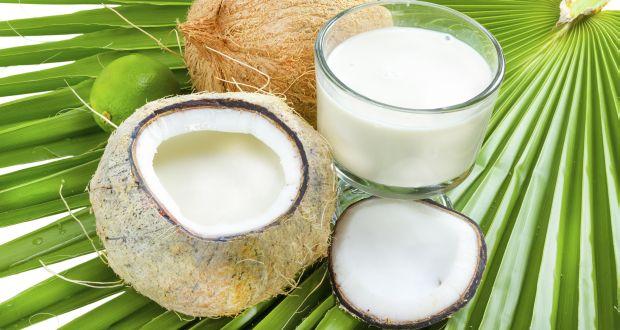Not surprisingly, all of the people in the high-calorie group gained weight. But those who sipped their calorie-laden drinks in between meals also had lower insulin sensitivity, plus higher levels of abdominal and liver fat, which are associated with a higher risk for heart disease and diabetes.
Experts aren't exactly sure why, but they suspect that the bump in belly fat could have something to do with how our metabolisms handle the frequent insulin spikes that come from all-day grazing. "The metabolic machinery to handle nutrients probably functions best when our body is exposed to cycles of fasting and feeding, and less during constant exposure to nutrients," says study coauthor and University of Amsterdam researcher Mireille Serlie, MD, PhD.
Still, this study looked at people who snacked on unhealthy stuff. Does the same apply to nutritious, lower-calorie snacks? For now, researchers aren't sure. "We showed that the accumulation of fat in the liver is also affected by timing of food intake, besides the known effects of diet composition and caloric content of food," Serlie says. In some cases, at least, you might be what you eat—and when you eat it, too.




